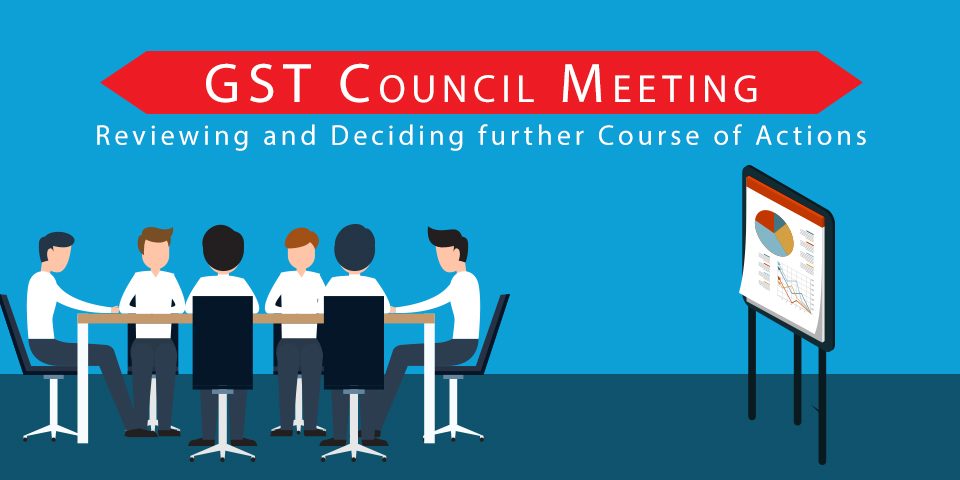New vaccination policy is set to kick in from June 21 and it is expected to put an end to differences in GST Council over taxing jabs. The GST-Council is set to meet and discuss tax on individual Covid relief materials soon. The council will hold a meeting on June 12 to discuss recommendations of Group of Ministers (GoM) on tax on Covid-19 vaccine and other equipment.
Also Read: Virus might have leaked from Wuhan lab: US research report
A member of the Group of Ministers said, “As entire procurement for a free vaccination to be done by the Centre, States will not have to worry about tax payment. At the same time, they will get their share from the GST collection as well as through the devolution formula. So, this is likely to bring down the curtain on this dispute.” Regarding concessions/exemptions from GST on Covid-19 related individual items, the GoM submitted its report with recommendations on Saturday.
Also See: New mutants of Coronavirus
The GoM includes Chief Minister of Meghalaya, Conrad Sangma as the Convenor. It is believed to have left the issue of taxation on the vaccine for the GST Council. It had recommended status quo on GST on vaccine at 5 percent. For other items, the GoM appeared to have recommended an uniform 5 percent GST for a limited period. At present vaccines attract GST at the rate of 5 percent. Other items barring ambulances, GST-rates vary between 5 to 18 percent. The ambulance has a GST rate of 28 percent.
The new vaccination policy guides that the Centre will pay GST on procuring 75 percent of vaccine produced in the country and that too at a much lower negotiated price. A senior government official explained, “This means the States will neither have to worry about price payout nor GST on that.”
Also Read: An uncertain wait for vaccines by India despite a liberalized regulatory framework
Simultaneously, States will get their share from the GST collection. Apart from that, according to the devolution formula, states are also entitled to get a part of the Central’s share of GST. The official also cited Finance Minister Nirmala Sitharaman’s response to West Bengal Chief Minister Mamata Banerjee last month. The FinMin had mentioned that GST is paid on the government supplies by the government. From GST collected on the vaccine, half is earned by the Centre and the other half by the States. Additionally, 41 percent of the Centre’s collections also get devolved to the States. Sitharaman had said, “States end up receiving almost 70 per cent of the total revenue collected from the vaccines.”
GST on the vaccine has been a contentious issue between centre and the states. The governments in the states have alleged that centre delays in paying the states their GST dues throwing fiscal federalism in the air. The Centre has been saying repeatedly that exemption from GST will hurt end consumers. Sitharaman had said earlier, “A 5 percent GST rate ensures that the manufacturer is able to utilise ITC and in case of overflow of ITC, claim the refund. Hence exemption to the vaccine from GST would be counterproductive without benefiting the consumer.”
Also Read: Indemnity from liability to be granted to vaccine manufacturers like Pfizer and Moderna
Even the GST Council’s panel, Fitment Committee, which prepares proposals for rate revisions also agreed and recommended no change in the rate for the GST Council meeting which took place on May 28. The Fitment Committee is up for keeping the rate unchanged on Covid vaccines. The committee has, however, recommended lowering the duty for a limited period on oxygen concentrators and pulse oximeters, but no change for items such as PPE kits and N-95 masks.
Earlier there were suggestions to bring vaccine under zero rated supply category. This essentially means that there will be no GST on the product, but the supplier or manufacturer will get a refund for taxes paid on inputs. Centre had not agreed on this suggestion and argued that zero rated supply category is only for export and not for domestic consumption. In the GST Council meeting, there have been a lot of differences on the taxability of other individual Covid relief materials as well. Hence, it was decided to form a GoM.





